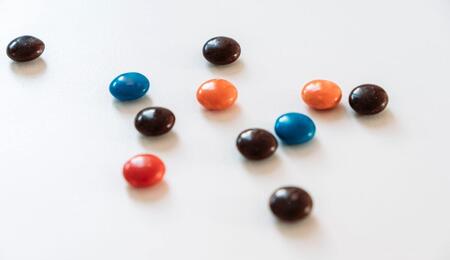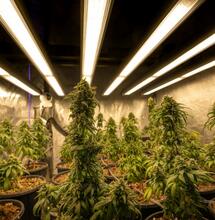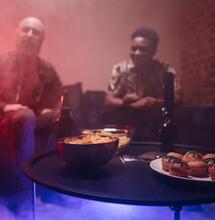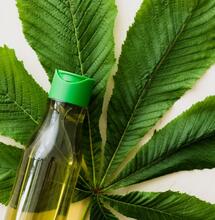The War on Copycat Candy

Mars, the world's largest candy company, dispatched undercover detectives to Canada to try to purchase sweets that have their copyright packaging but are laced with cannabis. The king of candy then successfully sued multiple cannabis retailers for selling drug-infused versions of their trademarked rainbow-themed Skittles.
Candy behemoth Mars has won a lawsuit against online cannabis retailers in Canada. Reportedly, the lawsuit alleged King Tuts Cannabis and other companies for selling candy goods that looked like Skittles but contained weed edibles.
A Federal Court judge remarked that though the ownership of the online stores was murky, the unlawful use of trademarked packaging is what disrepute the famous candy brand.
In the aftermath of the ruling, the defendants were allegedly ordered to destroy the products and pay CAD$45,000 in fines and penalties.
"The fact that Skittles are a confectionary product that are attractive to children reinforces the need to denounce the defendants' conduct," said Judge Patrick Gleeson in a ruling published last week, Monday 15.
The ruling follows as cases of children mistakenly eating cannabis-infused candy are consistently reported throughout media, in Canada and other countries.
U.S. consumers are facing similar problems with copycat cannabis products. The FDA has issued a warning as recently as May to send the alarm about the potential of accidental THC ingestion among children.
Many weed snacks are packaged to resemble popular candy and chocolate, sometimes with a comic twist on the branding and other times using nearly identical names and visuals. These products can contain sufficient amounts of THC to result in hospitalization when they end up in the wrong hands.
To protect against unwanted intoxications like that, U.S. regulators are introducing stringent regulations that manufacturers of edibles must implement.
The New York's Cannabis Control Board has perhaps proposed the most rigid regulation on child-resistant packaging and labeling so far, suggesting to ban the use of neon colors, bubble fonts, cartoons, and even the very mention of the words candy, cereal or soda. Packagings can only feature the brand logo and mandated labeling as visual supplements.
Under Californian regulation, plastic packaging containing cannabis products is required to be at least 4 mils thick and heat-sealed with no easy-open tab, dimple, corner, or flap. Drinkables are required to be sealed with a pry-off metal crown cork style bottle cap, given that the bottle contains only a single serving.











